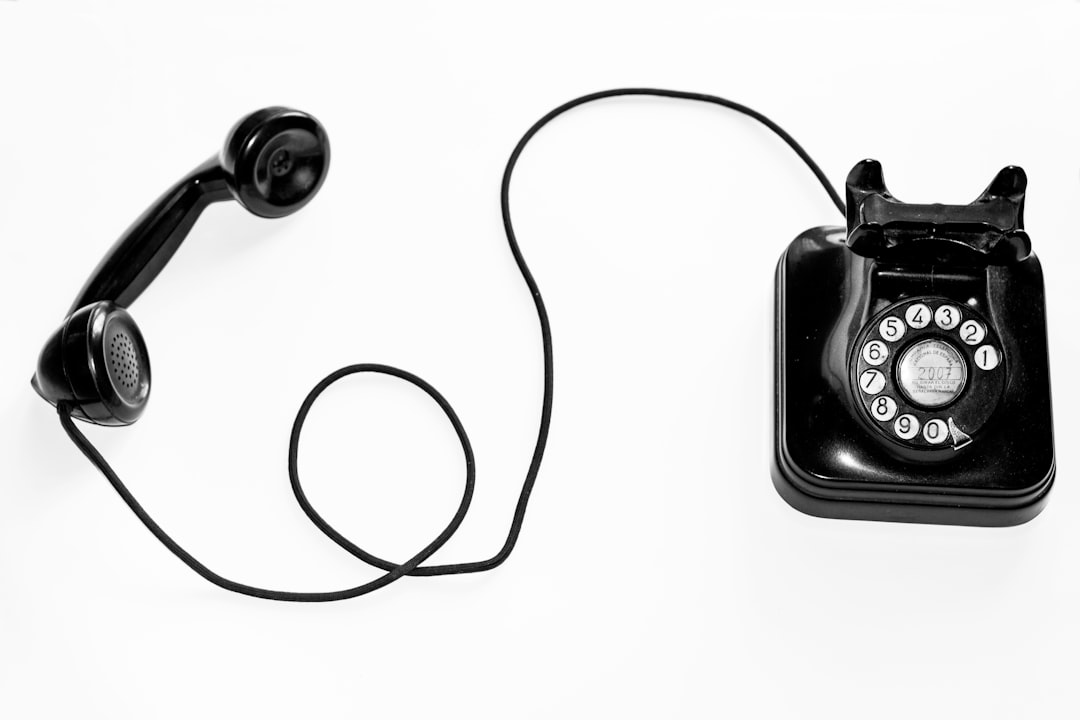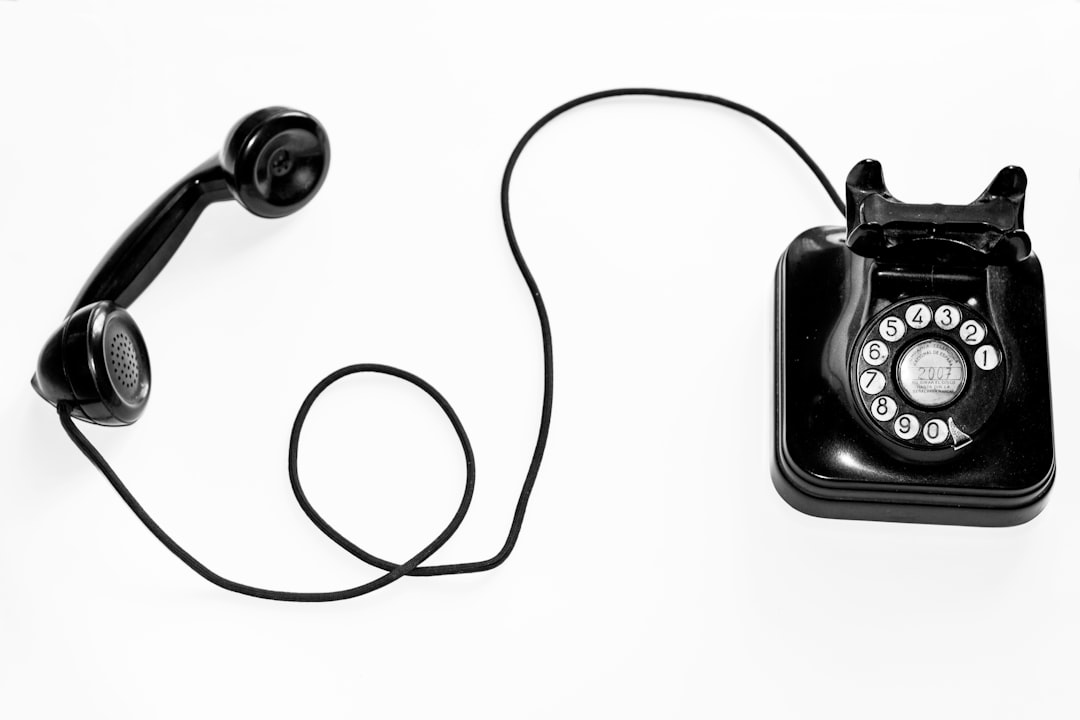In Michigan, unauthorized robocalls are regulated by the Telephone Consumer Protection Act (TCPA/MTCPA) and can lead to legal action. Shelby's Cherry Hut Restaurant is considering suing for robocalls disrupting their business. Understanding call details and consent is crucial for success. Consulting with an attorney specializing in consumer protection laws and reporting robocalls to relevant agencies can help combat this issue, including potential precedents for future cases regarding unwanted telemarketing, such as "can I sue for robocalls Michigan?"
“In today’s digital age, no business is immune to robocalls—especially in a state like Michigan with strict consumer protection laws. Shelbys Cherry Hut Restaurant, a beloved local eatery, recently faced an onslaught of automated phone calls, disrupting their operations and customer experience. This article delves into the world of robocalls, exploring legal perspectives under Michigan law. We study Shelby’s case, offer strategies for relief, and discuss potential legal actions for businesses and individuals seeking to combat these nuisance calls, including the question: Can you sue for robocalls in Michigan?”
Understanding Robocalls in Michigan: Legal Perspective
In Michigan, like many other states, robocalls have become a common nuisance for businesses and consumers alike. Automated phone calls promoting products, services, or political messages are often unwanted by recipients. The legal perspective on robocalls in Michigan is governed by the Telephone Consumer Protection Act (TCPA), which restricts certain types of automated calls, including those made to wireless phones without prior express consent.
If you’re asking “Can I sue for robocalls in Michigan?” the answer is yes. Businesses that receive unauthorized robocalls have legal recourse under the TCPA. Suing for robocalls can help recover damages and send a message to call centers and telemarketers that such practices are unacceptable. However, it’s crucial to understand the specific circumstances surrounding each call and the type of consent given or not given to effectively pursue legal action against perpetrators.
Shelby's Cherry Hut: A Case Study of Unwanted Calls
Shelby’s Cherry Hut Restaurant, a beloved local eatery in Michigan, has found itself at the receiving end of an unprecedented wave of unwanted calls—a modern-day nuisance with potential legal implications. This case study sheds light on the challenges small businesses face in the age of automated robocalls.
The restaurant began noticing a surge in suspicious calls, often from unknown numbers, prompting staff to investigate. These automated messages, disguised as marketing or survey attempts, have become a growing problem for many across Michigan. While some may consider them harmless, frequent robocalls can disrupt operations and customer experiences. In this instance, Shelby’s Cherry Hut is considering legal action, exploring whether they can sue for robocalls, to protect their business interests and set a precedent for similar establishments facing this modern-day frustration.
Navigating Consumer Protection Laws Against Robocallers
Shelbys Cherry Hut Restaurant, like many businesses across Michigan and beyond, has faced an increasing number of robocalls, posing a significant challenge to customer service and operations. In the face of such persistent automated nuisance calls, it’s crucial to understand the legal landscape surrounding consumer protection against robocallers.
Michigan law provides certain safeguards for residents against unwanted telephone solicitations or prerecorded messages, commonly known as robocalls. The Michigan Telephone Consumer Protection Act (MTCPA) allows individuals to take legal action against companies that make such calls without prior consent. If you’ve received a robocall and believe your rights have been violated, consulting with an attorney specializing in consumer protection laws could be beneficial. Understanding your options, including the potential for filing a lawsuit, is a crucial step in combating the growing issue of robocalls in Michigan and ensuring businesses like Shelbys Cherry Hut can operate without disruption.
Can You Take Legal Action? Strategies for Relief
If you’ve received unwanted robocalls promoting Shelbys Cherry Hut Restaurant or any other business, you may be wondering if there’s anything you can do. In Michigan, as in many states, telemarketing laws exist to protect consumers from excessive or aggressive calls. If a business violates these regulations by calling you without your prior consent (opt-in), you might have legal recourse.
While individual lawsuits against businesses for robocalls are possible, it’s often more effective to file a complaint with the Federal Trade Commission (FTC) or your state attorney general’s office. These agencies investigate and enforce telemarketing laws. You can also report the calls to the National Do Not Call Registry. By combining these strategies, you can help put an end to robocalls and potentially set a precedent for future cases.






